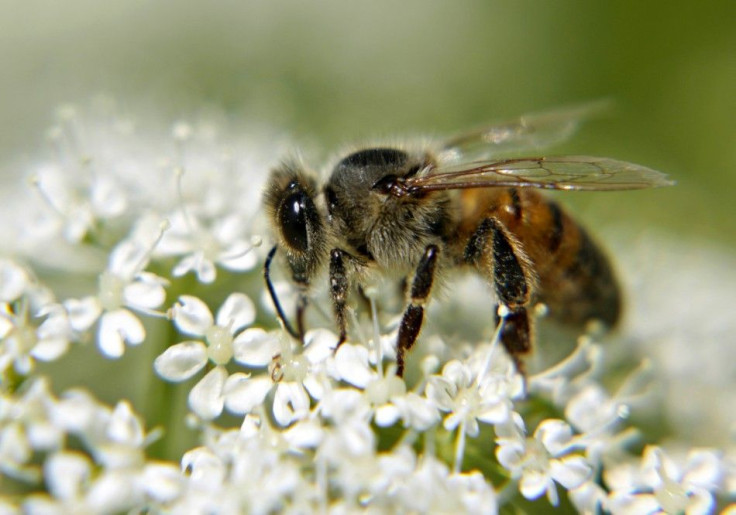Should You Plant The Seeds General Mills And Cheerios Sent You?

If you’re an avid Cheerio fan you may have noticed a familiar face missing from your cereal box lately. BuzzBee the iconic bee of Honey Nut Cheerios is missing and he’s taken a step back from the limelight to raise awareness for a good cause.
Bees across the world have been facing declining populations and habitats that are vital to the production of nutritious fruits and veggies people enjoy as part of a healthy diet, without bees to pollinate those foods they won’t survive. So General Mills started the #BringBackTheBees campaign to plant wild flowers across the country by way of their customers. The company teamed up with Vesey’s seeds and offered to send out 100 million free wildflower seeds to customers who wanted to help, they ended up actually sending out 1.5 billion seeds before they ran out.
But it may not have been the best idea. Just as all types of bees don’t live in every part of the country, all types of wildflowers don’t either. The list of seeds is no longer on the honey Nut Cheerios site, becuase it doesn't have any more to send out, but according to Lifehacker, the packets of seeds had a variety of flower types. The problem with this is that not all wildflowers are native to all parts of the country and some are invasive species that travel fast and take down other plants that may be in their way.
To check which flowers and seeds are ok to plant in your own back yard, check the USDA's website. There are lists of the seeds that grow in to federal and state noxious weeds as well as introduced plants. If some of the weeds in the General Mills/Vesey's packet are on one of those lists for your state, it may be better not to plant them.
Planting wildflowers is one way to help preserve & grow the natural habitat bees need for survival https://t.co/TjwLho1Dlf #BringBackTheBees pic.twitter.com/y22TylFygB
— General Mills (@GeneralMills) March 20, 2017
BuzzBee isn’t in danger as he’s a honey bee, but other lesser known types of bees and other pollinators are. General Mills is working to preserve all types of pollinators because they contribute to the production of all types of food, including 30 percent of the ingredients General Mills relies on for food production, according to a release, “Honey Nut Cheerios announced that by the end of 2020, farms that grow oats for Cheerios will house approximately 3,300 total acres of dedicated pollinator habitat on 60,000 acres of land.” They're working on a number of fronts to create habitats that can help maintain pollinators species that are in danger.
© Copyright IBTimes 2025. All rights reserved.



















